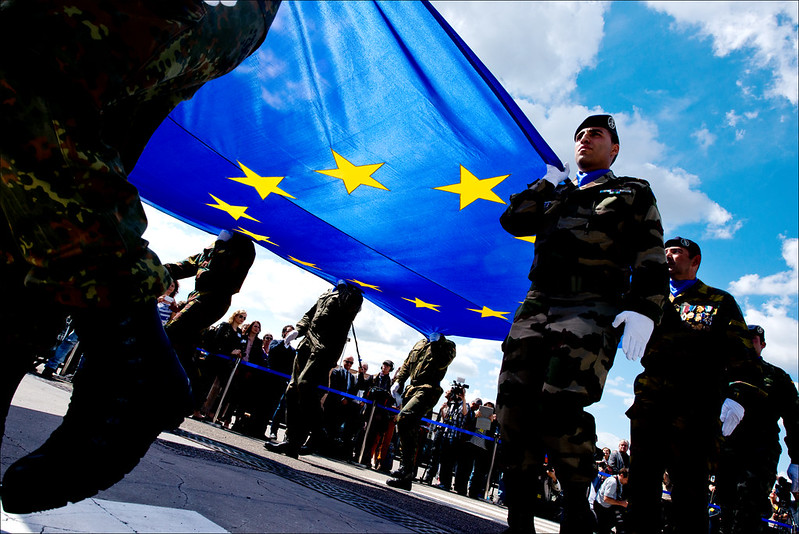The idea of a collective European defence force is as old as the European integration project itself. However, it has always been outshone by NATO and deemed too logistically and politically arduous for a supranational body that was excelling in projecting soft power. Fast-forward to 2025, three years into Russia’s full-scale invasion of Ukraine and only a few months into Trump’s second term, which has included a great deal of NATO- and Europe-criticism, suggesting that the United States might no longer help defend Europe. The idea of deepened European defence integration, perhaps even a sovereign European army, is no longer so far-fetched. Can the EU make use of its single market to harness its defence capabilities and work around the political divisions on foreign and security policy within the Union?
Author: Tatiana Velickovic
Tanja Velickovic is an MA Graduate from the Munk School of Global Affairs & Public Policy. She has previously worked as an EU Foreign Policy Intern at the Centre for European Policy Studies (CEPS) in Brussels and as a Research Assistant at the Institute for Peace & Diplomacy in Toronto. She currently works as a Risk Analyst.
At the NATO Association of Canada, Tanja is a Program Editor for Society, Culture, and Security. In her academic and professional life, she has been interested most in EU enlargement, international security, and transatlantic relations. Tanja particularly enjoys in engaging with Canadian foreign policy stakeholders and wants to get Canadians to be more reflective of their place in NATO and in the world.

